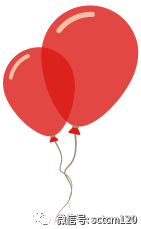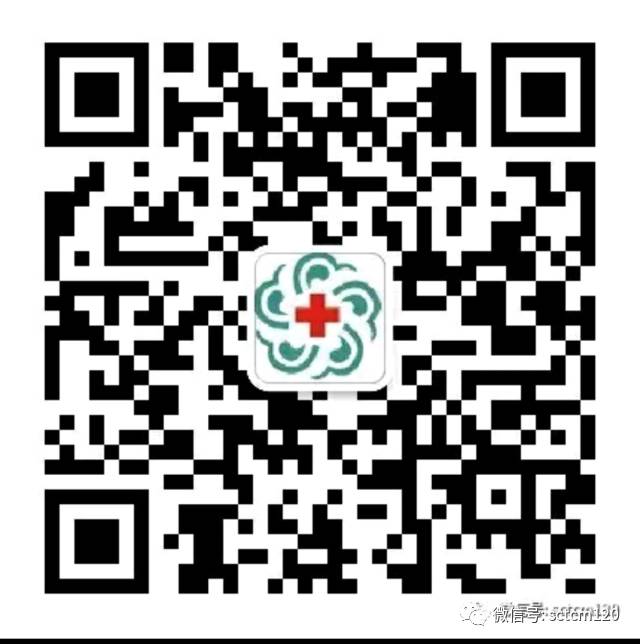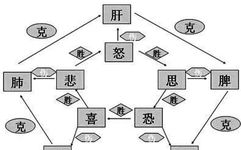
Click the blue text above to follow
Seven Emotions refer to the seven types of emotional changes: joy, anger, worry, thought, sadness, fear, and shock. The Seven Emotions are closely related to the functional activities of the internal organs, categorized under the five internal organs, represented by joy, anger, thought, sadness, and fear, collectively known as the “Five Emotions”. The Seven Emotions are different reflections of the human body’s response to external objective phenomena and are a normal aspect of life activities that do not cause illness. However, when emotional stimuli are sudden, intense, or prolonged, exceeding the normal physiological activity range and becoming unmanageable, it can lead to a disruption of the qi and blood functions of the internal organs, resulting in disease. At this point, the Seven Emotions become pathogenic factors and are one of the main causes of internal injury diseases, hence referred to as the Seven Emotions of Internal Injury.

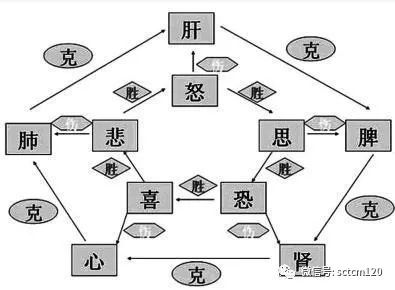
Relationship Between Qi and Blood
The emotional activities of the human body must rely on qi and blood as their material foundation. Qi and blood originate from the normal physiological activities of the internal organs, and the internal organs can maintain normal physiological functions only with the warmth and promotion of qi and the nourishment of blood. As stated in the “Treatise on the Correspondence of Yin and Yang”, “the heart corresponds to joy”, “the liver corresponds to anger”, “the spleen corresponds to thought”, “the lungs correspond to worry”, and “the kidneys correspond to fear”. Different emotional changes have varying impacts on the internal organs, and changes in the qi and blood of the internal organs can also affect emotional changes. Thus, qi and blood are essential material foundations for the physiological functions of the internal organs, while emotional activities are external manifestations of these physiological functions. Therefore, the relationship between emotional activities and the qi and blood of the internal organs is very close.


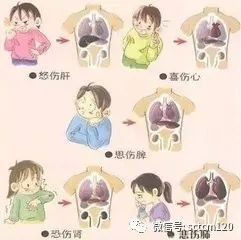

Pathogenic Characteristics
The Seven Emotions can cause disease by directly affecting the corresponding internal organs, disrupting the qi mechanism of the internal organs, and causing qi and blood imbalance, leading to various pathological conditions.
(1) Impact on the Qi Mechanism of the Internal Organs: The Seven Emotions primarily affect the qi mechanism of the internal organs, causing qi and blood to become disordered, leading to various pathological conditions. The main effects include: anger causes qi to rise, joy causes qi to relax, sadness causes qi to dissipate, thought causes qi to stagnate, fear causes qi to descend, and shock causes qi to become chaotic.
(2) Direct Injury to the Internal Organs: Excessive emotional expression can directly affect the physiological functions of the internal organs, resulting in various pathological changes. Different emotional stimuli can harm different internal organs, leading to various pathological changes. As stated in the “Suwen: Treatise on the Correspondence of Yin and Yang”, “anger injures the liver”, “joy injures the heart”, “thought injures the spleen”, “worry injures the lungs”, and “fear injures the kidneys”.
(3) Emotional Fluctuations Can Alter Disease Conditions: Since emotional activities can directly injure the internal organs and affect the qi mechanism of the internal organs, they inevitably influence existing diseases, potentially worsening the condition, accelerating deterioration, or even leading to death.
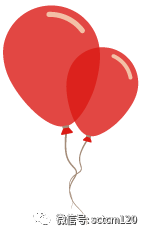
Long press to identify the QR code
Follow the “Public Account”
